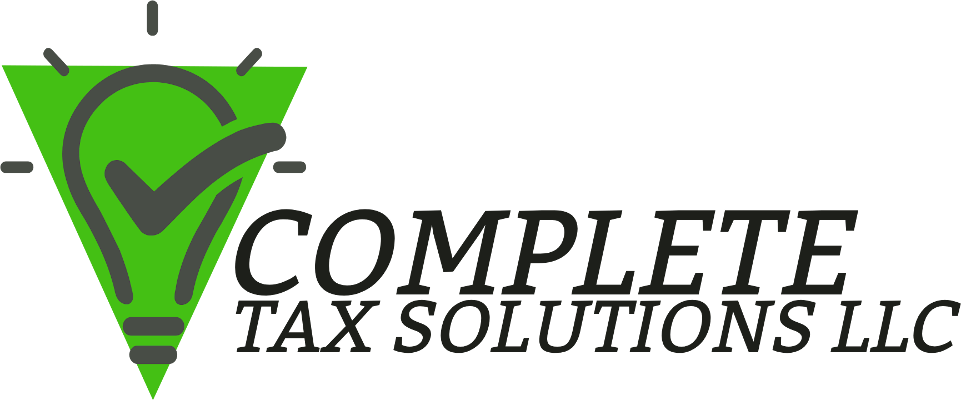We are in the midst of tax season, and although many people have already had their tax return prepared and filed, many more haven’t started this process yet. If you still need to prepare your 2023 tax return, here are some things you should know.
The Essentials
The deadline this tax season for filing your individual tax return is April 15, 2024. However, those who live in Maine or Massachusetts will have until April 17, 2024, to file due to official holidays observed in those states.
Once you have received all of your tax documents, it’s important to review them for any inaccuracies or missing information. If you find any issues, immediately contact the person who issued the document to request a correction.
Having organized tax records can make the process of preparing a complete and accurate tax return easier and may also help you identify any overlooked deductions or credits.
Changes to credits and deductions for tax year 2023
Standard deduction amount increased. For 2023, the standard deduction amount has been increased for all filers. The amounts are:
- Single or married filing separately — $13,850.
- Head of household — $20,800.
- Married filing jointly or qualifying surviving spouse — $27,700.
Additional child tax credit amount increased. The maximum additional child tax credit amount has increased to $1,600 for each qualifying child.
Child tax credit enhancements. Many changes to the Child tax credit (CTC) that had been implemented by the American Rescue Plan Act of 2021 have expired.
Legislation is being considered by Congress that might affect the Child Tax Credit, but you should not wait to file your 2023 tax return this filing season. If Congress changes the CTC guidelines, the IRS will automatically make adjustments for those who have already filed so no additional action will be needed by those affected.
Under current law, for tax year 2023, the following currently apply:
- The enhanced credit allowed for qualifying children under age 6 and children under age 18 has expired. For 2023, the initial amount of the CTC is $2,000 for each qualifying child. The credit amount begins to phase out where AGI income exceeds $200,000 ($400,000 in the case of a joint return). The amount of the CTC that can be claimed as a refundable credit is limited as it was in 2020 except that the maximum ACTC amount for each qualifying child increased to $1,500.
- The increased age allowance for a qualifying child has expired. A child must be under age 17 at the end of 2023 to be a qualifying child.
Changes to the Earned Income Tax Credit (EITC). The enhancements for taxpayers without a qualifying child implemented by the American Rescue Plan Act of 2021 will not apply for tax year 2023. To claim the EITC without a qualifying child in 2023, you must be at least age 25 but under age 65 at the end of 2023. If are married and filing a joint return, one spouse must be at least age 25 but under age 65 at the end of 2023.
New Clean Vehicle Credit. The credit for new qualified plug-in electric drive motor vehicles has changed. This credit is now known as the Clean Vehicle Credit. The maximum amount of the credit and some of the requirements to claim the credit have changed.
1099-K reporting requirements have not changed for tax year 2023
Following feedback from taxpayers, tax professionals and payment processors, the IRS recently announced a delay of the new $600 reporting threshold for tax year 2023 on Form 1099-K, Payment Card and Third-Party Network Transactions. The previous reporting thresholds will remain in place for 2023.
Form 1099-K reporting requirements
If you take direct payment by credit, debit or gift cards for selling goods or providing services by customers or clients, then you should get a Form 1099-K from your payment processor or payment settlement entity no matter how many payments you got or how much the payments were for.
If you used a payment app or online marketplace and received over $20,000 from over 200 transactions, the payment app or online marketplace is required to send a Form 1099-K. However, they can send a Form 1099-K with lower amounts. Whether or not you receive a Form 1099-K, you must still report any income on your tax return.
What’s taxable? It’s the profit from these activities that’s taxable income. The Form 1099-K shows the gross or total amount of payments received. You can use it and other records to figure out the actual taxes you owe on any profits. Remember that all income, no matter the amount, is taxable unless the tax law says it isn’t – even if you don’t get a Form 1099-K.
What’s not taxable?You shouldn’t receive a Form 1099-K for personal payments, including money received as a gift and for repayment of shared expenses. That money isn’t taxable. To prevent getting an inaccurate Form 1099-K, note those payments as “personal,” if possible.
Good recordkeeping is key. Be sure to keep good records because it helps when it’s time to file a tax return. It’s a good idea to keep business and personal transactions separate to make it easier to figure out what you owe.
If you haven’t yet filed your 2023 tax return, there’s still time. Contact our office, and we would be happy to schedule a time to prepare your taxes.
